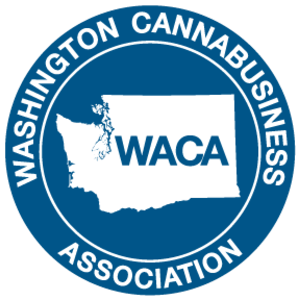Update from WA Department of Agriculture
from the draft event agenda (June 3, 2022)
We will be joined by representatives of the WSDA to give an update on organic certification for cannabis, hemp regulations, lab accreditation update, and a new hemp in food study.
Panelists
Jessica Allenton, WSDA Commodity Inspection Division Assistant Director- Trecia Ehrlich, WSDA Hemp Program Manager
